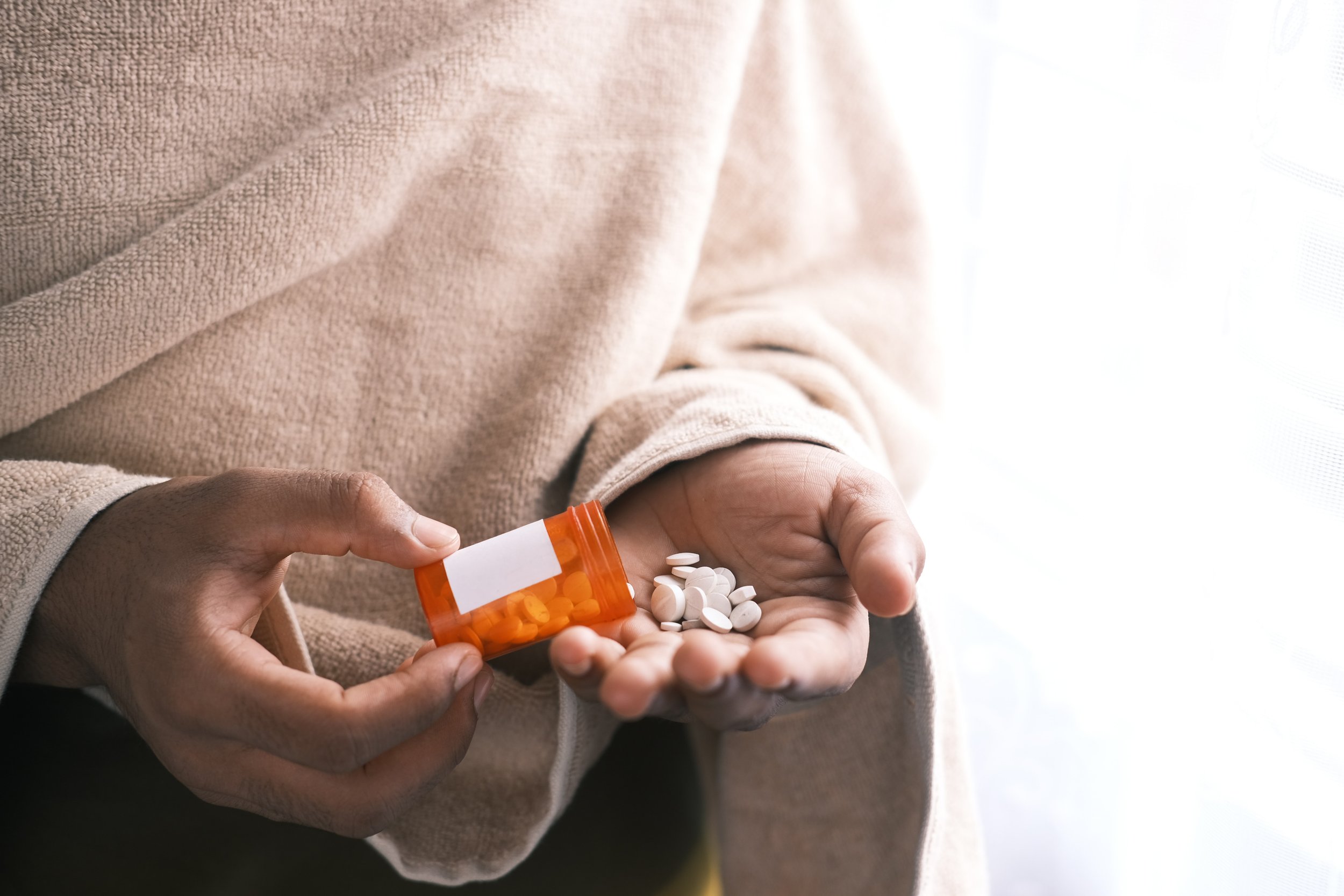4 Steps to Reset Your Gut and Boost Immunity After Antibiotics
Antibiotics, while necessary in dire times, are frequently overprescribed. The problem with antibiotics is that even one round can significantly alter your gut flora and contribute to Leaky Gut Syndrome. This can leave you susceptible to developing all kinds of issues, such as anxiety, depression, food sensitivities, yeast infections, skin problems, brain fog, fatigue and hormonal issues. It also makes it more difficult for your immune system to fight off pathogens, leaving you more susceptible to infection, even years later. Resetting your gut after antibiotics is crucial and we must use a multi-pronged approach to do so.
Eat Gut Healing, Immune-Boosting Foods
Get on an anti-inflammatory, nutrient-dense diet and eliminate potentially allergenic foods like gluten, dairy, sugar and refined carbs. It’s actually pretty easy to swap them out for anti-inflammatory alternatives, it just takes some dedication, direction and knowing your “why”. Try finding recipes that use almond flour instead of regular flour and natural sweeteners like raw honey - they’re delicious!
Eating a variety of different vegetables, organic meats and healthy fats are going to help your gut and immunity immensely. When you reduce inflammation in the gut and potential allergenic foods, your gut and immune system will be under less stress and be able to begin healing. Plus you’ll start to feel so much better and have more energy too! Some of my favourite gut-healing foods include bone broth, butternut squash soup, stir fried vegetables with ginger, coconut milk-based sauces, coconut oil and blueberries. Probiotic foods like sauerkraut are also great for the gut. Later on in the gut-healing process, prebiotic foods are essential also.
Replenish Your Gut Bacteria with Probiotics
Taking probiotics after, and even during antibiotics, is an incredibly important step in rebuilding the gut. Probiotics help to balance the gut microbiota, modulate the immune system and reduce inflammation. Certain strains such as lactobacillus acidophilus and bifidobacterium have been very well studied to help with a variety of digestive issues. They not only replenish good bacteria, but they can also help clear out bad bacteria.
Clear Gut-Inflaming Pathogens
After antibiotic use, the microbes in your gut need to be brought back into balance, which includes getting rid of certain ones. Antibiotics are used to kill bacteria, but they’re not picky about the type, they just kill everything, even the good guys! This makes it easy for opportunistic strains to overgrow, increasing toxicity and damaging cells. Using specific antimicrobial herbs can help get rid of pathogenic microbes and bring other microbes, such as yeast, back to normal levels. Post-antibiotics, we can develop a variety of digestive issues like bloating, diarrhea, and pain due to this imbalance. You may want to consider taking a deeper look with functional gut testing if you’ve been struggling with long-term gut issues.
Heal Your Gut Lining
Due to the damaging affects antibiotics can have on our microbial balance, the lining of the gut is affected also. Candida, an opportunistic yeast that commonly overgrows after antibiotic use, can poke holes in the mucosal membrane in the gut, creating leaky gut. This is one reason that food sensitivities you’ve never had before have started to develop over the years.
Gut-healing supplements are needed to repair the gut lining. Common gut-healers include l-glutamine, licorice root, colostrum and immunoglobulins. Simply taking these products won’t heal the gut if the underlying imbalances aren’t addressed, but when done in combination and in the proper order, you can make real progress!
If you’ve been struggling with digestive problems, take action today and get on your path to healing!
Asher Kleiber
Registered Holistic Nutritionist™
flourishnaturalwellness.com





